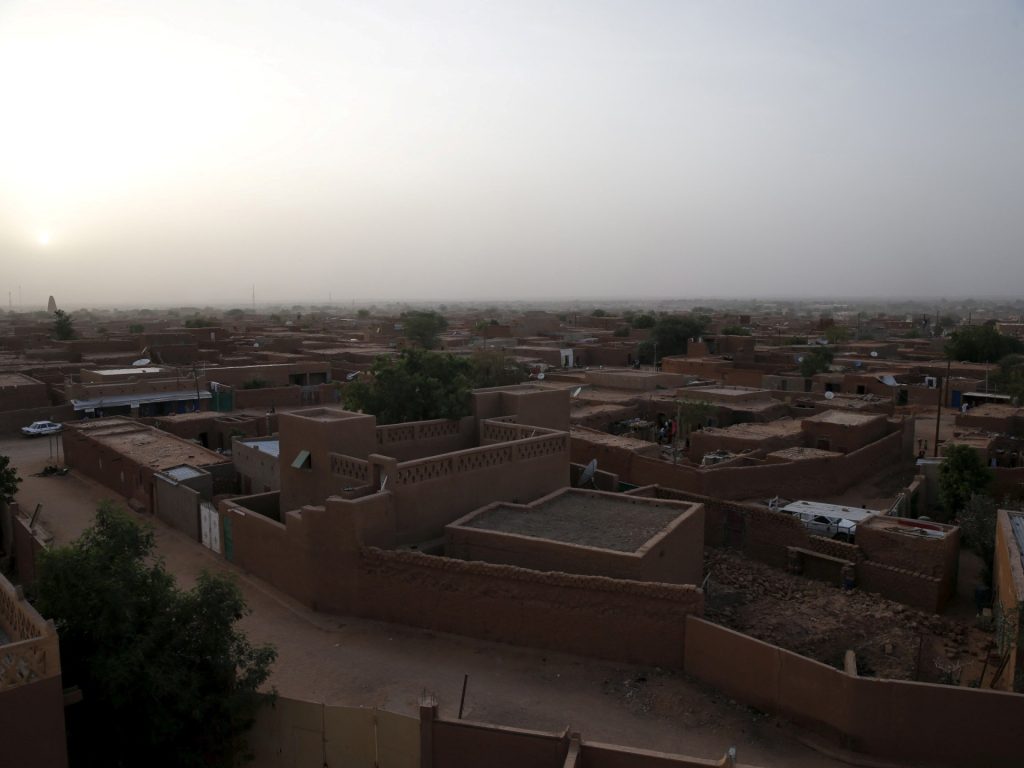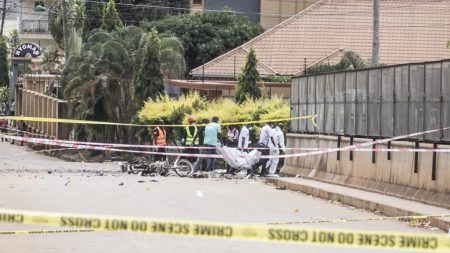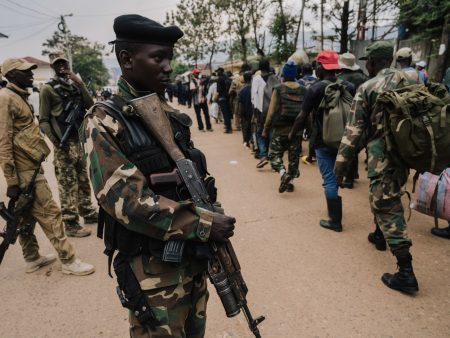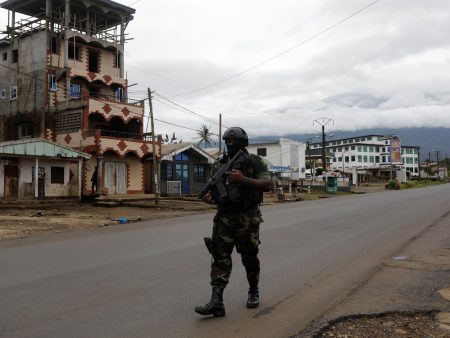The abduction of 73-year-old Austrian national, Eva Gretzmacher, from her residence in Agadez, Niger, marks a concerning escalation in the security situation following the 2023 military coup. Gretzmacher, a long-term resident of Agadez for 28 years, was forcibly taken by armed men on Saturday evening. Known for her extensive social work and contributions to the community, Gretzmacher founded a skills center in 2010, spearheading numerous projects focused on education, women’s empowerment, ecological initiatives, and art. Her kidnapping has sent ripples of concern through both the local community and international circles, highlighting the increasing vulnerabilities faced by foreign nationals in the region. The Austrian government, through its embassy in Algeria, which also covers Niger, has confirmed the incident and is actively engaging with Nigerien authorities and regional partners to secure Gretzmacher’s safe release.
The incident underscores the precarious security landscape that has evolved in Niger since the military seized power in July 2023. While the military junta pledged to enhance security and stability, their actions, including the expulsion of French and US forces coupled with the engagement of Russian mercenaries, have raised doubts about their effectiveness in curbing the rising tide of violence. Gretzmacher’s abduction, the first kidnapping of a European citizen since the coup, exposes the limitations of the junta’s security apparatus and its ability to protect both residents and foreign nationals from armed groups operating within the country’s borders. The lack of an official statement from Niger’s Ministry of Interior thus far adds to the uncertainty surrounding the situation and raises questions about the government’s response capacity.
The kidnapping also highlights the broader regional security challenges facing the Sahel region of Africa. Niger, like several of its neighbors, has been grappling with the spillover effects of armed rebellions emanating from Mali and Burkina Faso. These interconnected conflicts have plagued the region for over a decade, claiming thousands of lives, displacing millions, and fueling instability. The presence of armed groups linked to al-Qaeda and ISIL (ISIS) further complicates the situation, creating a complex web of interconnected threats that pose a significant challenge to regional security. The absence of a claim of responsibility for Gretzmacher’s abduction adds another layer of complexity, making it difficult to ascertain the motivations behind the kidnapping and the specific group responsible.
Prior to the 2023 coup, Niger was considered a crucial partner for Western nations in their efforts to combat the growing insurgency in the Sahel. Its relative stability and democratic governance provided a platform for collaboration and counterterrorism operations. The military takeover, however, has disrupted this partnership and introduced new uncertainties into the regional security equation. The expulsion of Western forces and the subsequent reliance on Russian mercenaries have shifted the dynamics of the conflict, potentially creating new alliances and exacerbating existing tensions. Gretzmacher’s kidnapping, therefore, serves as a stark reminder of the deteriorating security environment in Niger and the challenges facing international efforts to address the regional instability.
The targeting of a long-term resident deeply involved in community development projects raises concerns about the motivations behind the abduction. While the specific reasons remain unclear, several possibilities emerge. The kidnapping could be financially motivated, with the perpetrators seeking ransom. Alternatively, it could be a politically motivated act aimed at destabilizing the country further, undermining the military junta, or sending a message to Western nations. It could also be related to the activities of armed groups seeking to expand their influence and control in the region. Until a claim of responsibility is made or more information becomes available, the precise motives behind the abduction will remain speculative.
The incident underscores the urgent need for a comprehensive and coordinated response to address the escalating security crisis in Niger and the broader Sahel region. The international community must work closely with regional governments and organizations to develop effective strategies to counter the threat posed by armed groups and address the root causes of instability. This includes supporting efforts to strengthen governance, promote economic development, and address social grievances that can fuel conflict. The safe recovery of Eva Gretzmacher and the prevention of future incidents require a concerted effort to restore stability and security in Niger and the wider Sahel region.










